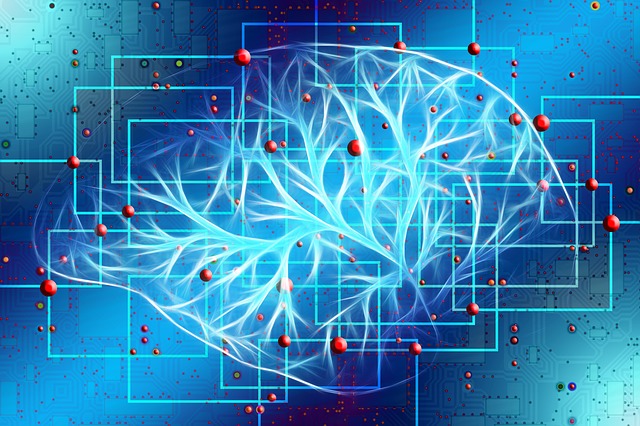Molecular hybridization achieved through quantum vacuum manipulation
Interactions between atoms and molecules are facilitated by electromagnetic fields. The bigger the distance between the partners involved, the weaker these mutual interactions are. In order for the particles to be able to form natural chemical bonds, the distance between them must usually be approximately equal to their diameter.Quantum Physics NewsRead More


